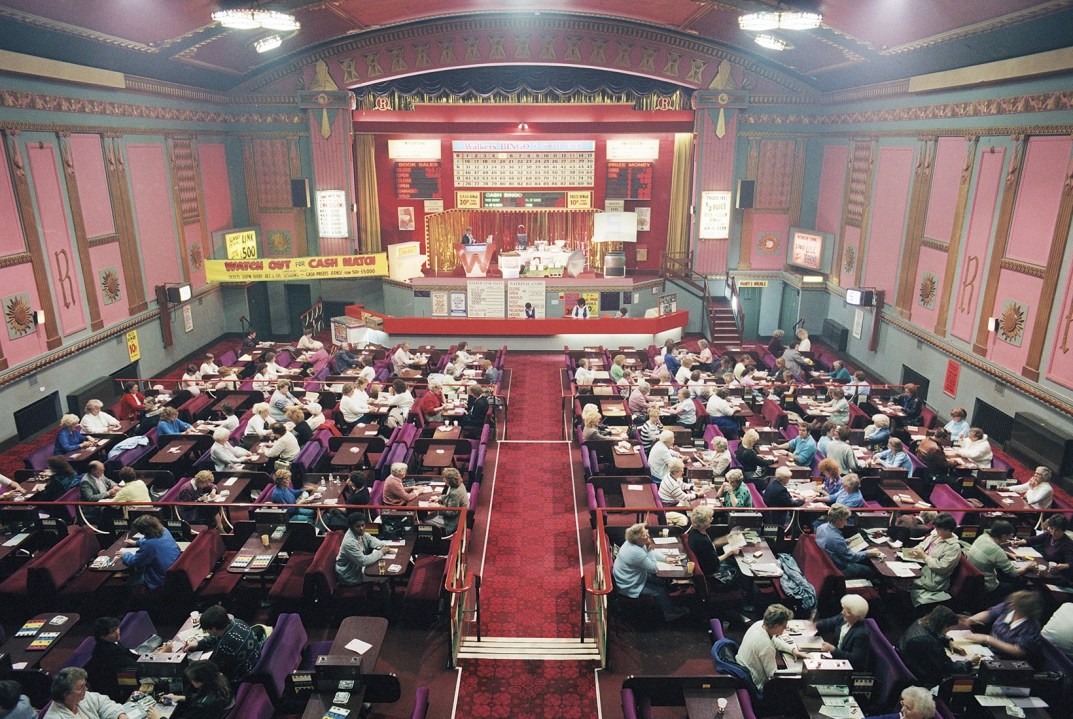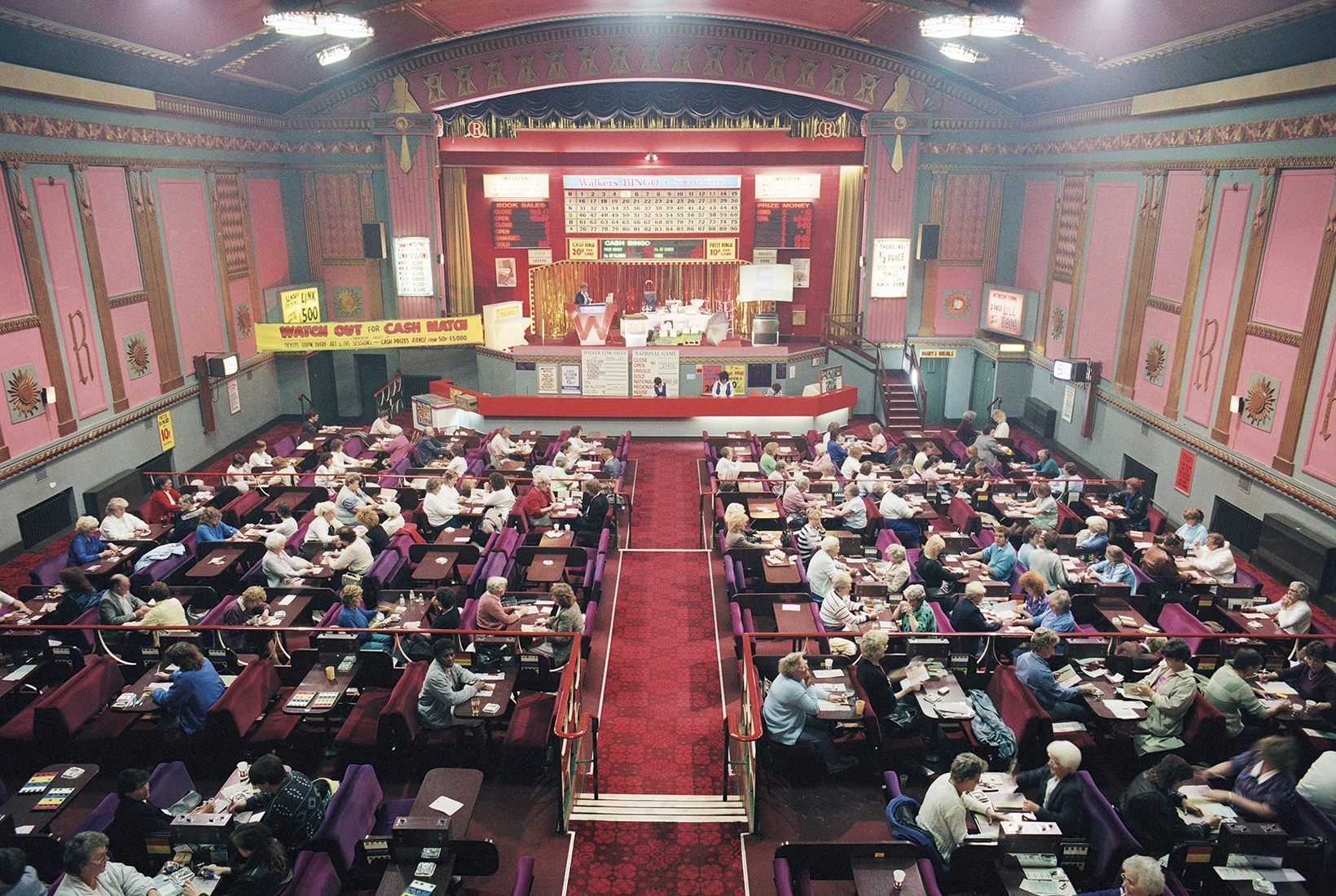For nearly six months our subsidised playhouses, notably the National Theatre, have been dark. What have we missed? Not much. Some would say nothing at all. And this has come as a surprise to those of us who were led to believe that the subsidised theatre is critical to ‘the national conversation’. It turns out that the nation can happily debate political and social issues without the help of playwrights or actors. Perhaps it’s time to re-examine our state-funded theatres and the reasons we support them.
The National Theatre was set up in 1963, soon after the establishment of the Royal Shakespeare Company in 1961, and both received funding from the Arts Council, which was founded in 1946. The leaders of these august bodies had a particular reverence for drama, opera, ballet and orchestral music. And they assumed, perhaps a little arrogantly, that their preferences were a force for good, and that culture could improve humanity. That theory is still active today. The website of the beleaguered Old Vic proclaims that ‘every time a theatre closes… we lose a chance to make the world better’. But is there any evidence for this commonly held belief? What role did the theatre play in the development of the bicycle or the polio vaccine or the internet? Which theatre-makers contributed to the D-Day landings, the fall of the Berlin Wall or the Good Friday Agreement?
You could say these examples are irrelevant because actors and dramatists don’t fight wars or invent things. The theatre is a public platform where ideas can be exchanged. And at its best it offers a particularly valuable type of discursive drama — the ‘state-of-the-nation’ play. The National specialises in this genre. Stuff Happens by David Hare (2004) examined the Iraq war. England People Very Nice (2009) by Richard Bean chronicled race relations in Britain. This House (2012) by James Graham, looked at the Labour administration in the 1970s.
What these plays lacked, of course, was any sense of urgency or topicality. And that’s inevitable. The National Theatre commissions a new script about a year in advance of the first night so a political play is bound to feel dated by the time it reaches the stage. In 2018, David Hare’s drama I’m Not Running looked at a fictional leadership contest between two centre-right Labour politicians but it completely ignored the ascendancy of Jeremy Corbyn and his hard-left allies. So the play seemed detached from reality, and it undermined the idea that a ‘state-of-the-nation’ drama helps us to understand ourselves.
The National Theatre is not an essential public service. It’s a luxury
The best political shows at the National offer nothing more than a nostalgic backward glance at recent history. The rest of its output is a mishmash of high-minded amusements for older and more affluent audiences in London. And the country at large pays for these frolics through taxation. So it’s very convenient for the National that so many people still accept that drama is a civilising force.
But negative consequences flow from this theory. The Arts Council seems to believe that black and ethnic minorities need exposure to the white theatrical tradition. It readily funds productions of plays by white authors performed by non-white actors. (Death of a Salesman by Arthur Miller was produced at the Young Vic last year with a black cast.) And yet the Arts Council makes no reciprocal attempt to get white people into minority cultural genres. There’s no funding for white school kids to perform rap or jazz. You won’t find all-white reggae bands receiving public money. Where are the grants for white-only drama groups to perform scenes from the Bhagavad Gita or the Arabian Nights? The traffic all moves in one direction. White drama — often rather tedious stuff — is performed by black or brown people. This quietly affirms the primacy of white culture and assigns a lower rank to other artistic traditions.
Perhaps, in the light of the lockdown, we should admit a few home truths. First, the ‘national conversation’ is not an exclusive property of the theatre. Secondly, the dramatic arts are unlikely to make the world a better place. Finally, the National Theatre is not an essential public service. It’s a luxury. And its £16.7 million annual grant should be diverted towards cultural pursuits that genuinely help the community, and whose advantages are measurable.
Numerous creative professions might receive state aid. Children’s entertainers, stand-up comedians, bell-ringers, skiffle bands, reading groups, bridge clubs, bee-keeping fraternities, poetry circles and debating societies.
I would argue for three particular activities: barge ownership, gardening and bingo.
The east London canal network, near my home, is full of exquisitely decorated narrow boats and barges. The finest of these are certainly works of art. Barges offer social as well as aesthetic benefits. A barge is a low-cost, energy-efficient home. Barges support businesses like floating bookshops or water-borne cafes. Mooring fees help to maintain a national system of waterways that teem with wildlife. Youngsters who live on barges acquire skills in navigation, mechanics and boat maintenance. And they learn to tolerate their barge mates’ living habits and to embrace the virtues of acceptance and forgiveness.
Gardening certainly deserves to be recognised as an official part of our culture: the word ‘culture’ means growth. A gardener, like any visual artist, must develop a sense of beauty, harmony and colour. He becomes an expert in the science of botany and he can pass this knowledge on to others. He learns the spiritual benefits of exercise, hard work and deferred gratification. And when his garden blooms it gives visitors a sense of calmness and mental wellbeing.
Finally, bingo. At first sight a game of bingo seems a long way from the activities currently favoured by the Arts Council. But the connection is very close. Bingo is a live theatrical event with a surprise ending that rewards the spectators emotionally. It does the same job as Hamlet or Oedipus.
Hamlet is a dramatic quest to identify the king’s murderer and to placate the gods of vengeance by punishing the offender. Oedipus is a dramatic quest to discover why the gods are angry with the city of Thebes. Bingo is a dramatic quest to find a secret link between a member of the crowd and the goddess of fortune.
That’s why people love bingo. It has the satisfying story arc of a courtroom drama or a detective mystery. It starts with a puzzle and moves through a process of inquiry towards an answer that provides delight and relief.
It has other benefits, too. Bingo is a social event that strengthens the ties of communities and families. It helps the economy as well. Each player contributes a small fee that would not otherwise have been spent. The total sum is handed over to a prize–winner who is likely to splash out on luxuries and gifts that boost local businesses. And the government collects its share in sales taxes as well.
By coincidence, all three of these activities could be accommodated on the banks of the Thames where the National Theatre now stands. A boatyard might be constructed for barges to be built and repaired. The terraced roofs of the National would be ideal for public gardens. And the Olivier could become a bingo hall.








Comments